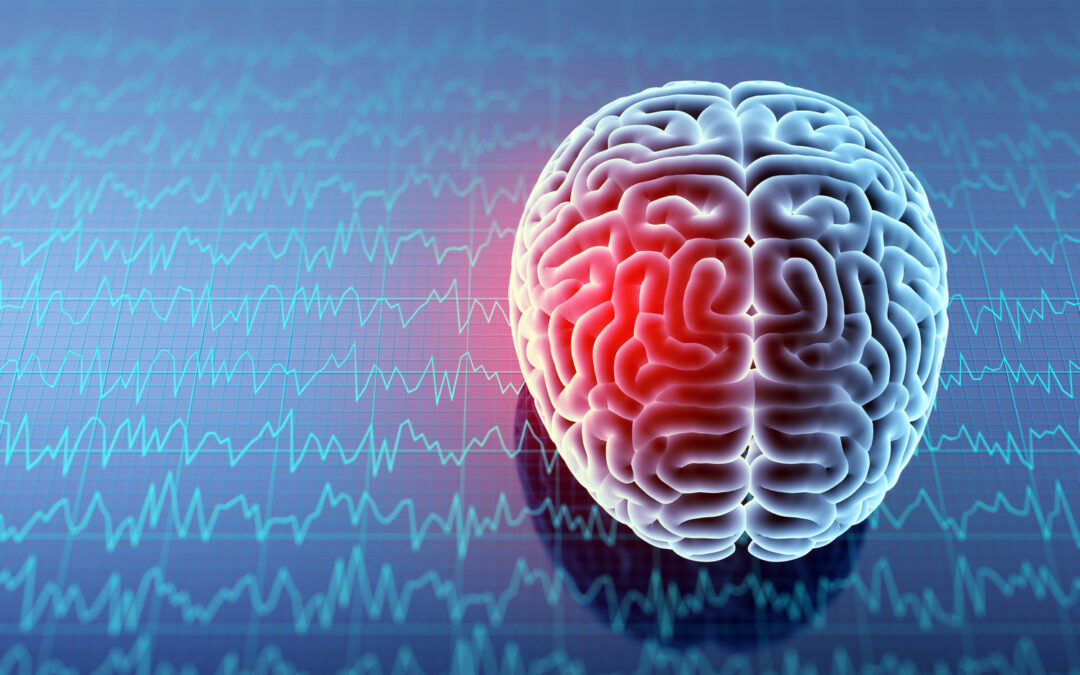Long-Term Effects of Brain Injuries: What Victims Need to Know
Brain injuries can profoundly affect everything from cognitive functions and emotional well-being to physical abilities and social interactions. These injuries, whether caused by accidents, sports activities, or other incidents, require a comprehensive understanding for effective management and recovery. Victims and their families must navigate a complex landscape of medical treatments, therapies, and legal considerations. Seeking the guidance of NJ brain injury lawyers can be crucial to make sure that victims receive the support and compensation they need to address their medical expenses and long-term care requirements.
Types of Brain Injuries
Brain injuries can be seen in various forms, each impacting the brain differently depending on the nature and severity of the trauma. The two primary classifications are traumatic brain injuries (TBI) and acquired brain injuries (ABI). Traumatic brain injuries occur when a force causes damage to the brain, typically through incidents such as falls, vehicle accidents, or sports-related impacts. Within TBIs, there are further distinctions, including concussions, contusions, and diffuse axonal injuries. On the other hand, acquired brain injuries arise from internal factors, such as strokes, tumors, or lack of oxygen. Both TBIs and ABIs can lead to a wide range of cognitive, physical, and emotional impairments, necessitating a comprehensive understanding for effective diagnosis and rehabilitation.
Immediate vs. Long-Term Effects
The immediate effects of brain injuries vary widely depending on the severity and type of injury sustained. In the short term, victims may experience symptoms such as headaches, dizziness, confusion, and loss of consciousness. These effects require prompt medical attention to prevent further complications. In some cases, individuals may also have seizures or experience sensory disruptions. Over time, as the initial symptoms stabilize, long-term effects may emerge, often more profoundly impacting the individual’s quality of life. Long-term effects can include persistent cognitive challenges, such as memory deficits, difficulty concentrating, and problem-solving impairments.
Cognitive Impairments
Cognitive impairments following brain injuries can significantly alter an individual’s ability to navigate daily life. These impairments often manifest as challenges with attention, making it difficult for individuals to focus on tasks for extended periods. Memory loss is another common issue, where short-term memory is typically more affected than long-term memory, leading to problems with retaining new information. Executive functions, which involve planning, organizing, and making decisions, may also be impaired, resulting in difficulties with problem-solving. Language and communication can be affected, too, with some individuals experiencing aphasia, which is the loss or reduction in the ability to understand or express language.
Emotional and Behavioral Changes
Brain injuries can lead to substantial emotional and behavioral changes that affect both the injured individuals and those around them. These changes might include mood swings, irritability, anxiety, and depression, which can stem from the brain’s altered ability to process emotions and stress. Some individuals may struggle with impulse control, leading to unexpected or inappropriate behaviors, and may also experience heightened aggression or frustration. These can be challenging and require a combination of therapeutic interventions, including counseling and medication, to help victims and their families cope with the evolving dynamics effectively.
Physical Challenges
Physical challenges stemming from brain injuries can vary significantly, affecting the victim’s ability to move and engage in daily activities. These challenges may include motor skills impairments, such as difficulty with coordination, balance, and agility, often resulting in an increased risk of falls. Muscle weakness or paralysis on one side of the body, known as hemiparesis or hemiplegia, can further hinder mobility and independence. Through physical and occupational therapy, rehabilitation is crucial in helping individuals regain strength, improve coordination, and adapt to new ways of living.
Legal and Financial Considerations
Navigating the legal and financial landscape following a brain injury can be a complex and daunting task for victims and their families. Securing appropriate compensation is often essential to cover the extensive medical bills, rehabilitation costs, and potential loss of income. Victims may need to engage with insurance companies, which can sometimes be challenging with negotiation hurdles. NJ brain injury lawyers advocate for victims’ rights, helping them obtain the financial aid necessary to support their recovery journeys and future well-being.
Final Thoughts
In conclusion, understanding the multifaceted impact of brain injuries is crucial for victims and their families as they navigate the challenging road to recovery. The range of cognitive, emotional, and physical challenges highlights the necessity for comprehensive medical care and rehabilitation tailored to individual needs. NJ brain injury lawyers are invaluable in representing and advocating for victims, ensuring they receive the compensation and support required to rebuild their lives and secure their futures. Through informed advocacy and determined rehabilitation, individuals affected by brain injuries can work towards regaining their quality of life and overcoming the obstacles posed by their injuries.






